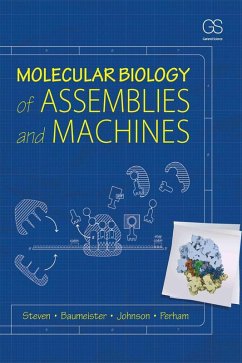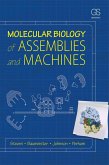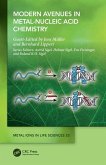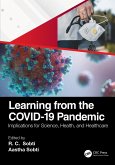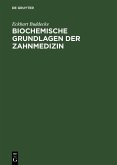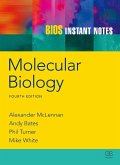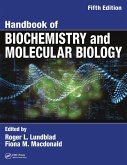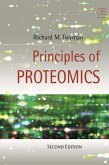Molecular Biology of Assemblies and Machines provides a comprehensive narrative of the ways in which macromolecular structures assemble and how they interact with other complexes and organelles in the cell. Richly illustrated in full color, the text is written for advanced undergraduates, graduate students, and researchers in biochemistry, molecular biology, biophysics, cell biology, chemistry, structural biology, immunology, microbiology, and medicine.
Dieser Download kann aus rechtlichen Gründen nur mit Rechnungsadresse in A, B, BG, CY, CZ, D, DK, EW, E, FIN, F, GR, HR, H, IRL, I, LT, L, LR, M, NL, PL, P, R, S, SLO, SK ausgeliefert werden.

